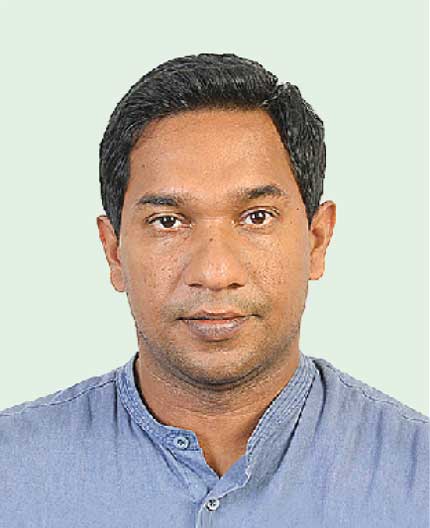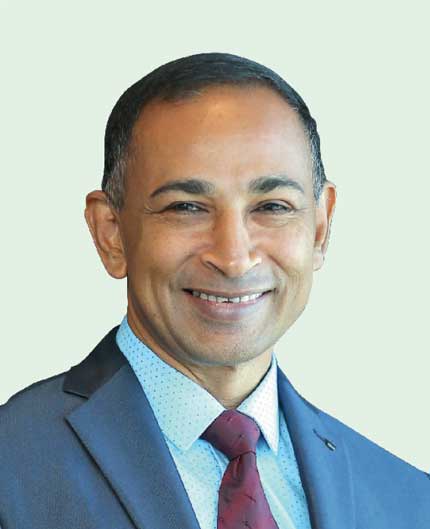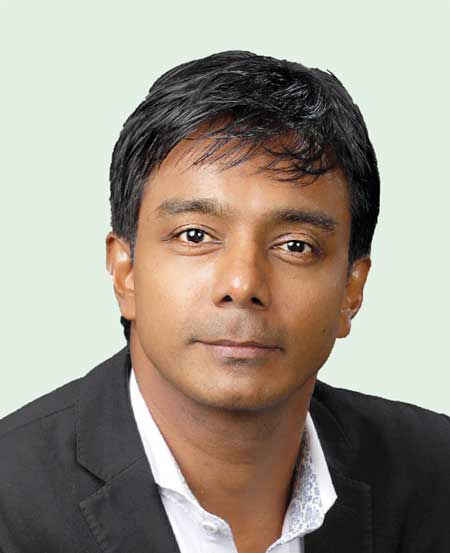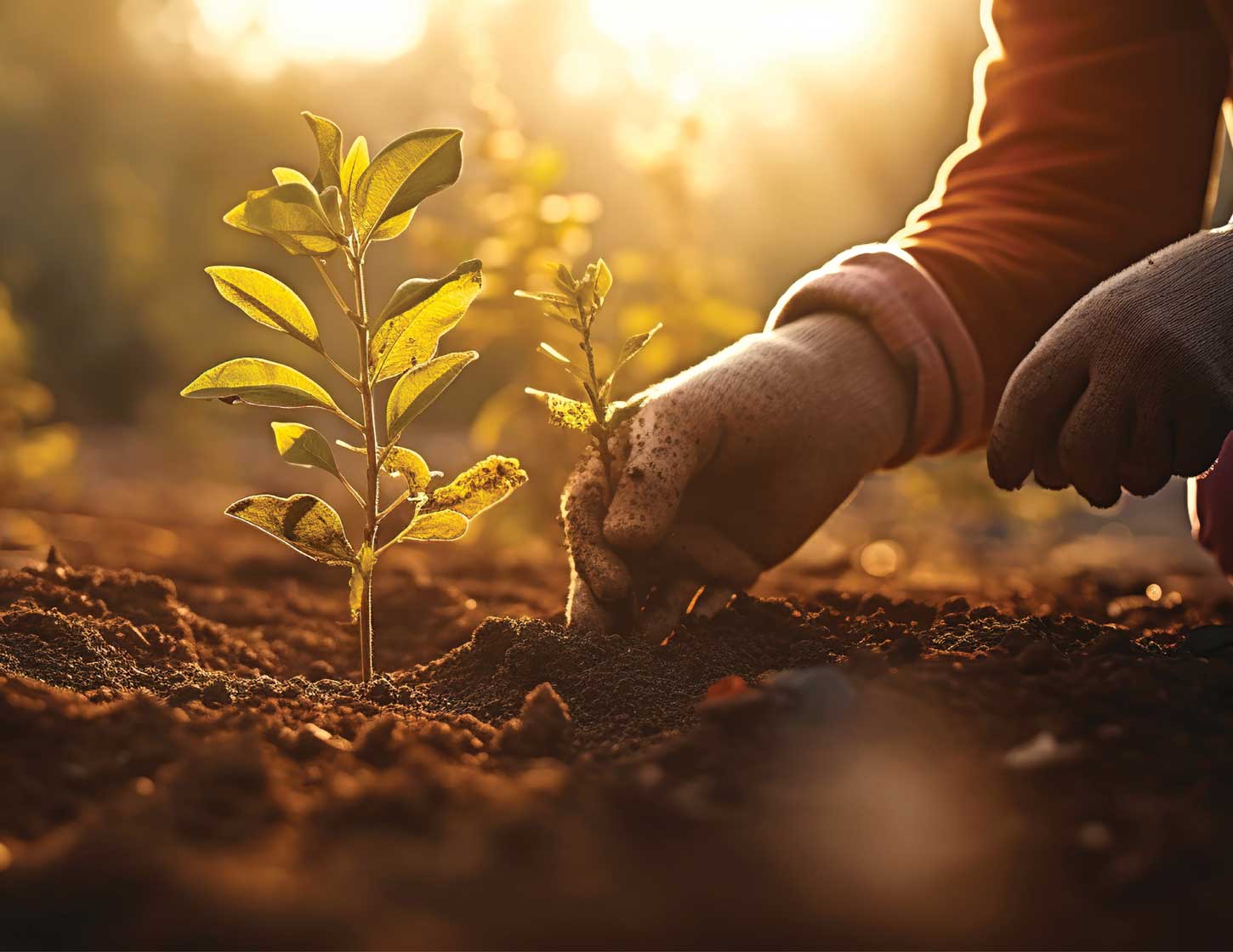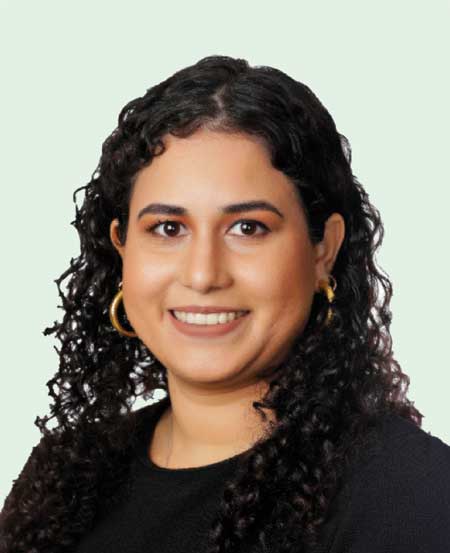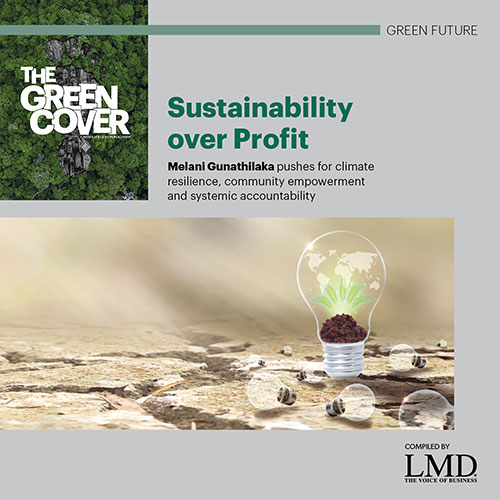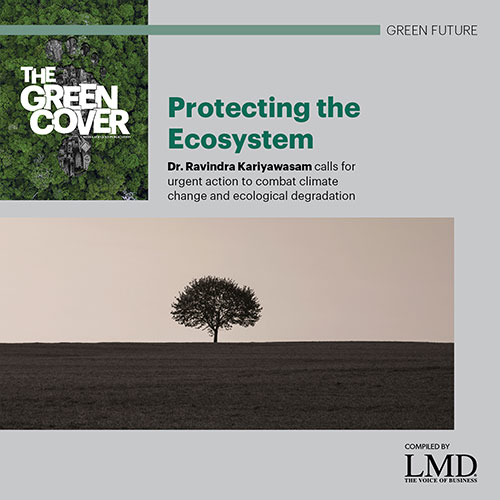Protecting the Ecosystem
Avanti Samarasekera rounds up views from organisations working to protect Sri Lanka’s natural resources
Amid growing threats to wildlife and natural resources, environmental protection and biodiversity conservation have never been more vital to the future of our country and the world at large.
We reached out to several environmental stakeholders to discuss how they aim to contribute to the solution instead of being a part of the problem.
Chullaka Hapuarachchi
Owner/Managing Director – Eco360
“Protecting the environment goes beyond merely business or CSR – it’s in our DNA and the sole reason for doing what we do.
In a nutshell, Eco360 manufactures compostable packaging from starch-based materials that completely decompose six months after use. We produce bags and other packaging material to replace polythene. Our main customer is a leading supermarket chain, for whom we have created a waterproof bag so that people can safely carry groceries and maintain their freshness.
Our aim is to reduce plastic’s footprint and harmful effects to the environment. We launched Eco360 in 2018 to minimise the number of single-use products that end up in landfills.”
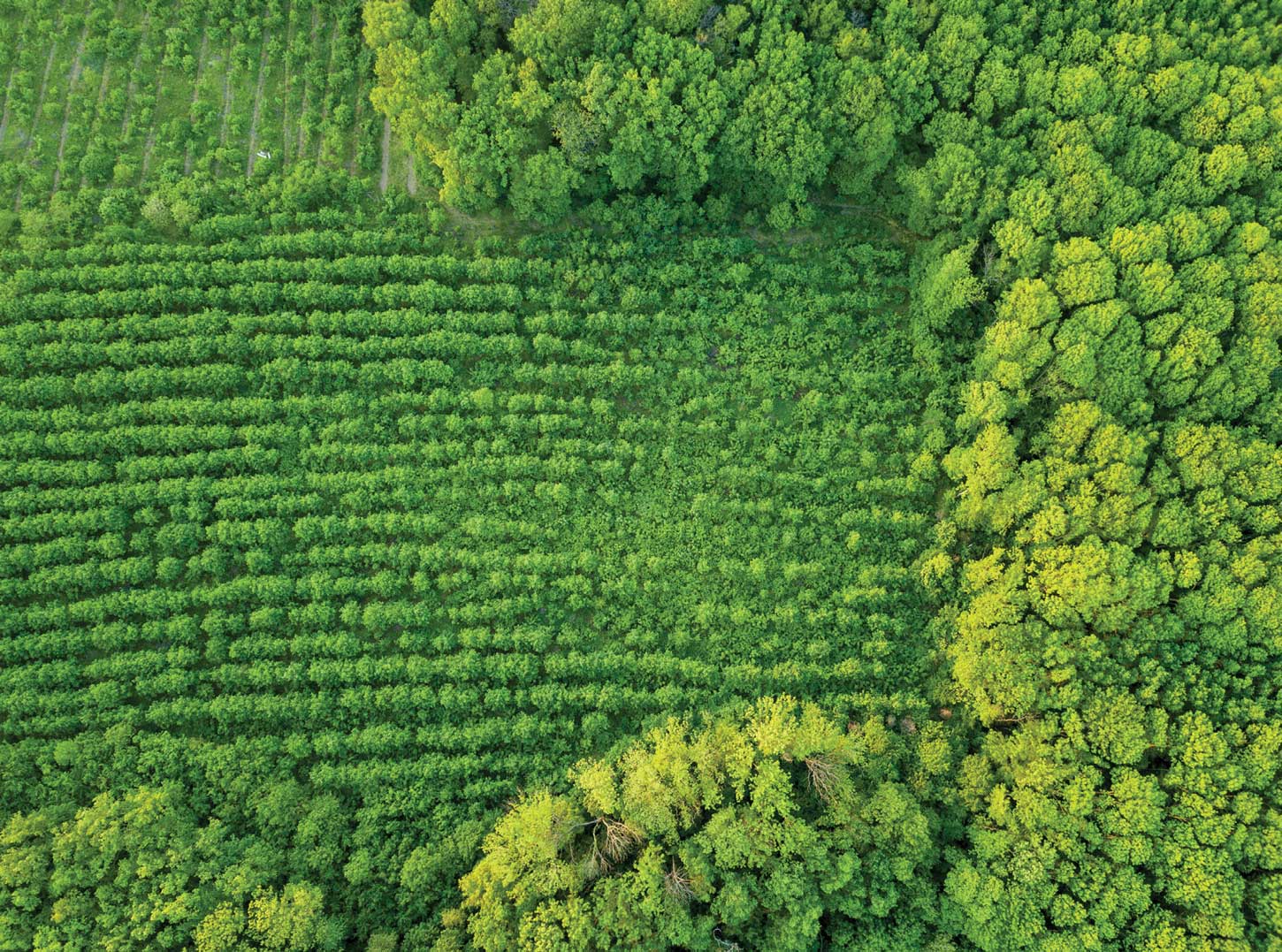
Sriyan de Silva Wijeyeratne
Chairman – PLANT
Past President – Wildlife and Nature Protection Society
“The Wildlife and Nature Protection Society (WNPS) of Sri Lanka established PLANT (Preserving Land and Nature Trust) to build and protect ecosystems through private ownership of conservation lands.
To this end, we raise funds to purchase land by partnering with international and private donors, and work to maintain them as conservation areas in perpetuity. We also partner with individual owners of small land blocks and support them in maintaining portions of these for conservation. And finally, we work with corporates such as plantation companies to set aside some of their land parcels for the same purpose.
What we are working to achieve is to create forest corridors around the island to enable species to move within larger areas (presently, many are limited to very small geographic areas) to support their survival rates.
Many people don’t think of the long-term journey. In conserving ecosystems, protection is key. It’s far better to protect a forest than restore it. We set up PLANT to drive conservation and be in control of protecting the environment. Our aim is to be the biggest ecosystem conservation initiative in the country and it’s growing fairly significantly right now.”
Himesh Fernando
Founder/CEO – Chakra Suthra
“Chakra Suthra is a company dedicated to producing circular economic solutions to business problems. Our Trash 2 Cash solution is a network of smart interactive machines where consumers can deposit recyclable containers and earn credits that can be redeemed against their bills. The items collected are recycled or upcycled into polyester garments, books and paper, or reused in glass and aluminium manufacturing.
Think of a circular economy as Lego bricks in real life – you make, have enough, dismantle and then remake. It is good for the environment, offers better value to consumers and builds truly sustainable businesses for generations.”
Zaineb Akbarally
Vice President – Wildlife and Nature Protection Society
“The Youth Wing of the Wildlife and Nature Protection Society (WNPS) of Sri Lanka was established in 2017 and ran its first conservation programme the following year. We covered 18 schools in the first year of operation. Today, we work with 140 schools across 20 districts.
Our flagship Education for Conservation programme actively engages schoolchildren in conservation projects. The programme begins with awareness sessions to introduce kids to conservation issues around the country and globally, such as the human-elephant conflict and climate change.
This is followed by firsthand experience on a field trip to a national park or forest reserve. Finally, the most important component of our programme is sustained engagement where we empower and give children the tools to build their own small-scale conservation projects. This includes initiatives such as restoring forest patches, building organic farms and beekeeping.
Our intention is to build leaders for the future. This is one of our lasting legacies that we hope to continue doing.”


